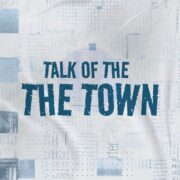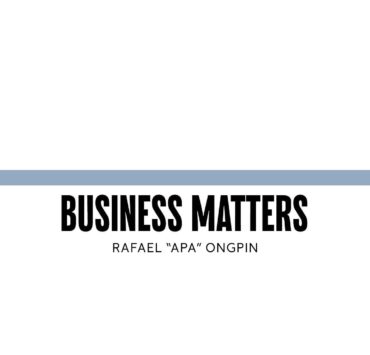Why corruption thrives in a religious society

Jakarta—In a widely shared article titled “Religius, tetapi Gemar Korupsi; Apa yang Salah? (Religious but keen to corrupt),” Kompas journalist M. Zaid Wahyudi raised a timely question: Why does corruption remain widespread in a nation so openly religious?
A paradox indeed: Indonesia ranks high in religiosity but low in clean governance. Places of worship are crowded; prayer groups flourish. Yet corruption remains a daily reality.
What is missing is not belief, but a moral compass shaped early before habits and shortcuts take over: what many now call mindset, system of thinking, muscle memory, or mental models.
WW Howells, in “The Heathens: Primitive Man and His Religions,” explains that early religion was never primarily moral. It was a response to fear. Faced with death, disease, and natural disasters, early humans created rituals to reduce anxiety and restore order. Religion gave comfort, not necessarily ethics.
This primitive function has not disappeared. Today’s religious practices, prayers, fasting, and sacred artifacts still serve psychological and social needs: belonging, identity, and comfort.
However, these rituals do not always shape conduct. Religion works well as a symbol. But without inner conviction, it does not restrain wrongdoing.
Psychologist Lawrence Kohlberg’s six-stage model of moral development explains that people grow from a basic fear of punishment to principled reasoning. But most never reach the higher stages. Many obey rules to avoid shame or to be accepted by others, not out of justice or compassion.
Public religiosity often reinforces these early stages. The moral compass is external. Right and wrong depend on who’s watching. And so corruption thrives, not because people lack belief, but because belief stays stuck at the surface level.
Kohlberg’s higher stages—questioning unjust laws and defending moral principles—require independent thought and courage. These do not grow in environments obsessed with conformity or authority. They must be taught, patiently, early, and repeatedly.
James Rest meanwhile argued that moral behavior involves four parts: recognizing the ethical issue, knowing what is right, wanting to do it, and having the strength to follow through.
Many religious people reach the second part. They know what is right, but without motivation and character, knowledge stays inert. Goodness is not just learned. It must be willed.
Shalom Schwartz’s work on cultural values makes this clearer. In many collectivist societies, values like conformity, loyalty, and security are prioritized above truth-telling or fairness. These values stabilize society, but they also suppress moral courage. Rituals become more important than integrity. Obedience becomes virtue. Dissent becomes deviance.
This prioritization of harmony and obedience also affects how wrongdoing is perceived, not necessarily by what is done, but by whether it is seen. The wrongdoing itself is tolerated as long as it stays hidden. When exposure comes, the shame is in being caught, not in having done wrong.
So the question is not “Why are religious people corrupt?” but “Why has religious life become more about performance than formation?” This is not a rejection of religion but a recognition of its limits. Religion cannot carry what conscience must bear. It can guide, remind, support. But it cannot substitute for the long, slow formation of ethical character.
This is where Pancasila, Indonesia’s founding philosophy, offers clarity. The first principle, belief in One Almighty God, was never meant to stand alone. It must walk with the second (just and civilized humanity), the third (unity), the fourth (deliberative wisdom), and the fifth (social justice). Without these, faith becomes mere performance.
The solution is not more religion. It is a deeper moral formation from childhood. Ethics must be seeded before the ego hardens. What is learned early, not just in school, but in family conversations, in what adults model, in what society celebrates, builds the moral core. Children do not learn moral reasoning by instruction alone. They imitate and absorb values unconsciously. If they see adults perform rituals while lying, cheating, or staying silent in the face of wrongdoing, they learn that religion and ethics can live apart. The transformation of how people think, choose, and act must begin in the minds of children today.
Instead of doubling down on rituals for adults, Indonesia would do better to nurture the next generation with quieter, deeper habits. Not just outward practice, but compassion. Not just recitation, but reasoning. Not just conformity, but character.
If reform comes, it will not begin in the courtroom, but in the classroom, in the kitchen, on the playground and at bedtime, when a parent explains why truth matters, even when no one sees.
—————-
Toronata Tambun is an alumnus of Harvard Business School and affiliated alumnus of MIT Sloan School of Management.
—————-
The Philippine Daily Inquirer is a member of the Asia News Network, an alliance of 22 media titles in the region.

















